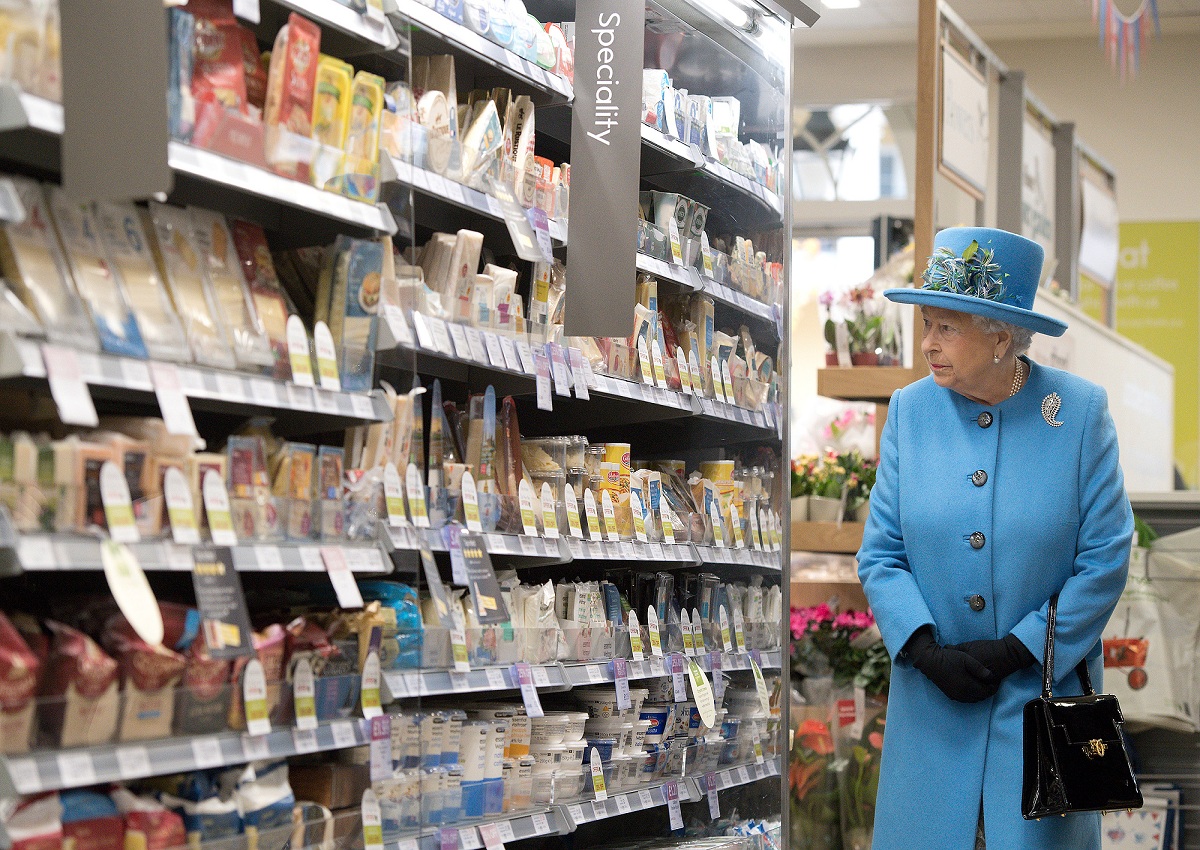
On the one hand there was the royal wedding with an atmosphere of celebration and emotional participation transmitted to the whole country. On the other hand, the good meteorological climate with sunny and warm days. These two factors, together with the final of the FA Cup between Chelsea and Manchester United, pushed the British food market to record quarterly’s sales well beyond expectations. According to Kantar, in fact, in the 12 weeks to 20 May the turnover of the grocery sector recorded an increase of 2.7%. A trend confirmed by Nielsen, that estimated a jump of more than 5% in the last four weeks alone. This is therefore the best monthly result since July 2013, when a hot summer boosted value sales to +6.7%. Inflation, now at 2.1%, had of course a significant impact on these performances as well, although it was down sharply from 3.6% at the start of the year. According to analysts, however, record sales were due above all to the effects of a newfound conviviality – largely inspired by the wedding of Harry and Meghan. In fact they seem to have made the British forget the fears related to Brexit, at least for a while.
The barbecue boom
It is no coincidence that sales of burgers and barbecue sausages were 39% and 12% respectively. Moreover, the non-alcoholic beer sellout grew by 64%. In addition, over the three months 16.6 million British households have chosen to buy ice cream.
Morrisons is protagonist
The positive trend of the market involved practically each and every retail chain. Morrisons, in particular, reported an increase in turnover of 2.9% reaching a market share of 10.5%, thanks to 311,000 new customers. Asda followed, with an interesting +2.8%, ahead of Tesco with +2.2%. Sainsbury’s, on the other hand, stopped at +1%, after enhancing its promotional activities for the first time in three years.
Aldi and Lidl sales slow down
Lidl is the only chain to record a double-digit growth, reaching +10.4%. In the same period the compatriot Aldi stopped at +6.7%, the lowest figure since the end of 2010. According to British analysts, the pace of both discounter chains seems to be slowing down considerably, so much so that their performance would depend to a large extent on new openings.
